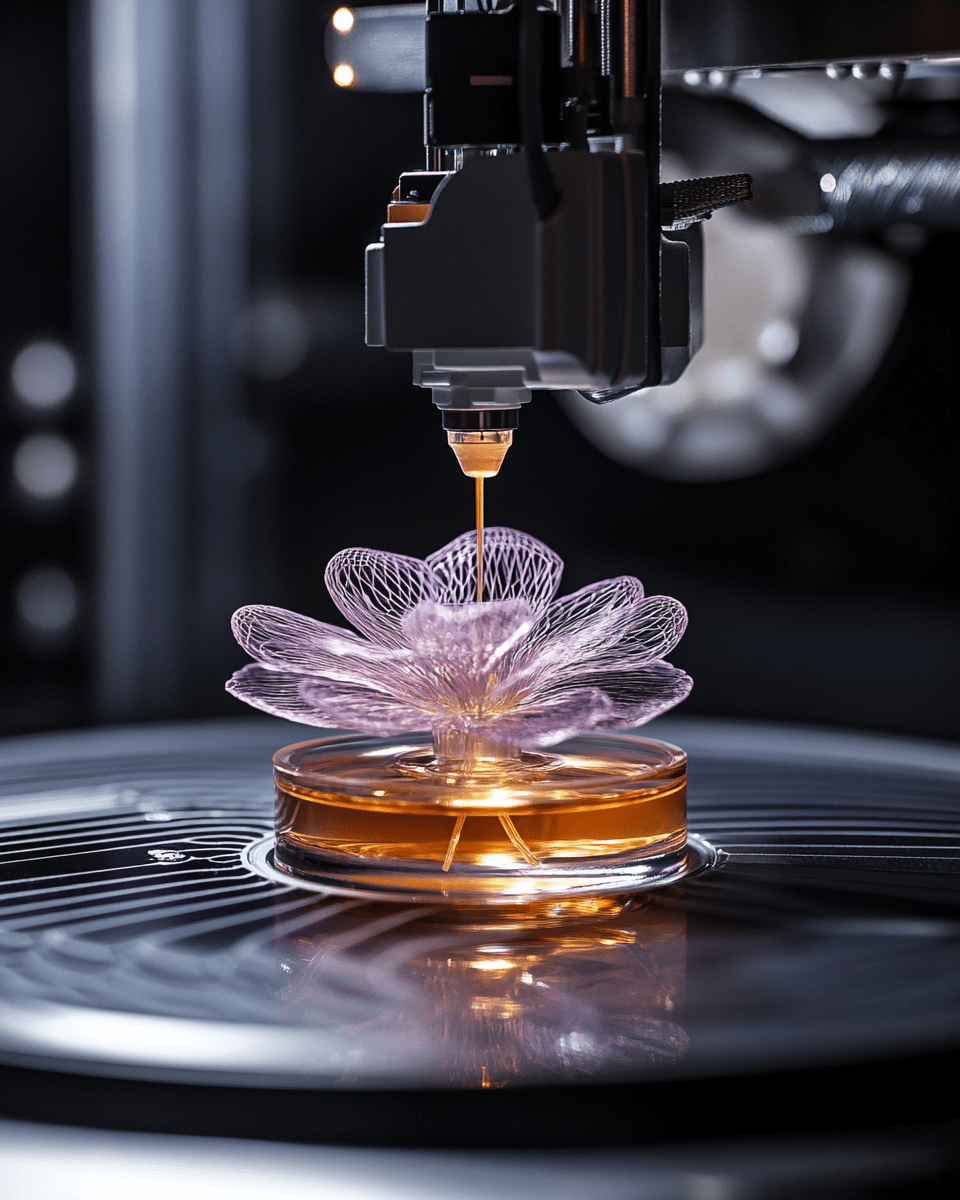
What are dupes? - A critical look at fragrance twins
Luxury perfumes are not only olfactory masterpieces, but also status symbols. However, consumers are increasingly coming across so-called ‘dupes’ - cheaper alternatives that are strikingly similar to well-known fragrances. The #dupe trend is more popular than ever, especially thanks to social media and platforms such as TikTok. But what's really behind it? Are dupes a clever way to save money or a questionable imitation that harms the perfume industry? In this article, we take a critical look at the differences between original fragrances, dupes and plagiarisms.
What are perfume dupes?
The term ‘dupe’ comes from the English language and means ‘double’ or ‘duplicate’ - an imitation of a product that comes very close to the original in terms of fragrance composition and effect. Unlike counterfeits, which often deliberately try to deceive a brand, dupes usually have their own design and branding. Nevertheless, they remain controversial: Is it ethical to deliberately recreate a fragrance formula in order to cash in on an established brand?
Another problem is the lack of transparency: perfume production is subject to strict quality regulations, both at international and national level. Every new perfume is tested by accredited laboratories to ensure its safety. Manufacturers of dupes often adhere less strictly to the regulations, which means that consumers are often unable to understand which ingredients are actually used. This harbours risks for the skin compatibility and quality of the product. More information on the safety regulations for cosmetics/perfume products can be found on the European Union website.
Why are dupe perfumes cheaper than originals?
One of the main reasons for the popularity of fragrance twins is the price. But why can dupes be so much cheaper? Here are some factors:
-
Synthetic fragrances: High-quality original fragrances often use rare and expensive natural raw materials. Dupes instead rely on cheap, synthetic alternatives that smell similar but often don't offer the same depth and development on the skin. The type of notes are an important factor both in quality but also longevity of a perfume. Find out more in this blog.
-
Lower development costs: Creating a luxury perfume requires years of research, testing and the input of renowned perfumers. Dupes bypass this process by copying existing compositions. You can find out more about perfume production in this blog.
-
Hardly any marketing costs: Brands invest millions in advertising campaigns to establish their fragrances. Dupes benefit from the popularity of the original and thus save enormous sums of money.
-
Lower fragrance oil content: Originals often have a higher concentration of fragrance oils, which increases their durability and sillage. Many dupes are weaker and evaporate more quickly, which can lead to higher consumption in the long term
The quality check: Are perfume dupes a real alternative?
Buyers of dupes should be aware that favourable prices often go hand in hand with a loss of quality. Here are some aspects that should be critically scrutinised:
-
Shelf life and fragrance development: many dupes have a similar effect to the original at the first spray, but unfold differently and often don't last as long. You can find out which perfume concentration lasts the longest in this post.
-
Skin compatibility: As dupes are usually made with cheaper fragrances, there is an increased risk of skin irritation or allergic reactions.
-
Long-term value: Even if a dupe is cheaper, the short shelf life can lead to more product being used - which ultimately relativises the price advantage.
-
Smell authenticity: Luxury fragrances are characterised by a complex composition that develops on the skin. Dupes can often only provide a superficial copy.
Plagiarism or legal dupe? The legal boundaries
From a purely legal point of view, fragrances are not protected by copyright, as they are difficult to classify as intellectual property. Nevertheless, there are clear boundaries:
-
Packaging and brand name: If a dupe deliberately copies a design or uses a misleading naming convention, this can be classed as trade mark infringement.
-
Advertising strategy: Some dupe brands deliberately use comparisons with originals to advertise their products. This can involve legal grey areas.
For this reason, we at L'Art Vévien attach great importance to originality and authenticity. Every single one of our perfumes is numbered, hand-signed and labelled as unique with a certificate of authenticity.
Social media and the hype surrounding dupes
Platforms such as TikTok, Instagram and YouTube play a crucial role in the spread of dupes. Influencers regularly share lists of the ‘best fragrance twins’, giving copycat products massive attention. But the downside often goes unmentioned:
-
Abbreviated perception: short videos often only evaluate first impressions, while factors such as durability, complexity or ingredients are lost.
-
Rebellion against luxury brands: Many consumers see the purchase of dupes as a protest against high prices. But what does this mean for the future of high-quality perfumery and will it damage the niche industry in the long term?
- Unconsciously damaging the industry: those who continue to buy dupes are depriving the industry of investment in innovation and new fragrance creations.
Conclusion: Is it worth buying dupes?
Dupes are an interesting alternative for price-conscious consumers, but they have clear disadvantages. Those who value quality, durability and the art of perfume production will be happier with originals in the long term. The decision ultimately depends on whether you are willing to invest more for the exclusivity and research behind a fragrance or whether you are happy with a simpler alternative.
What do you think about dupes? A clever money-saving opportunity or a dodgy trend?



